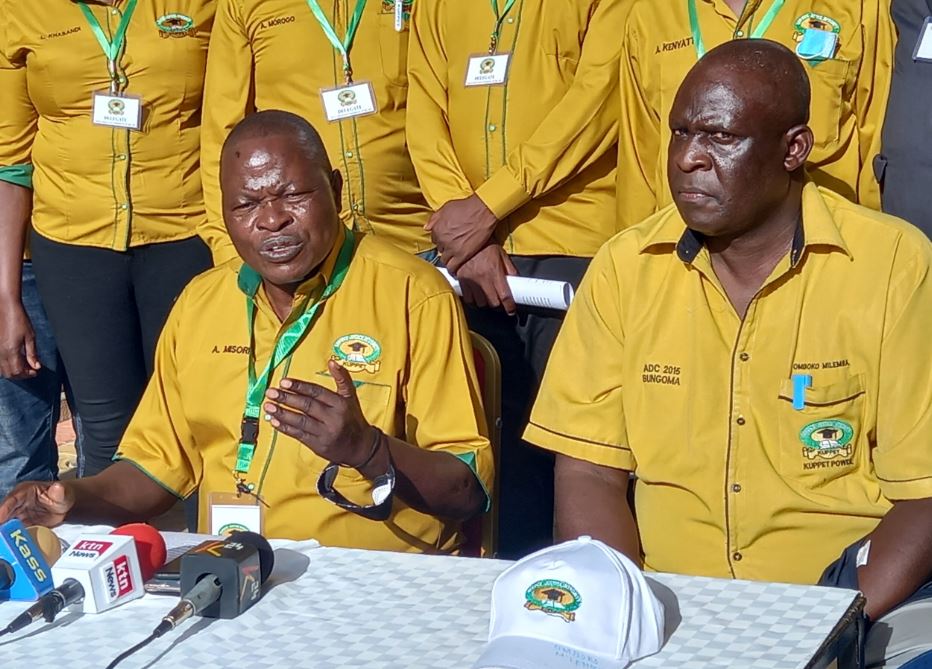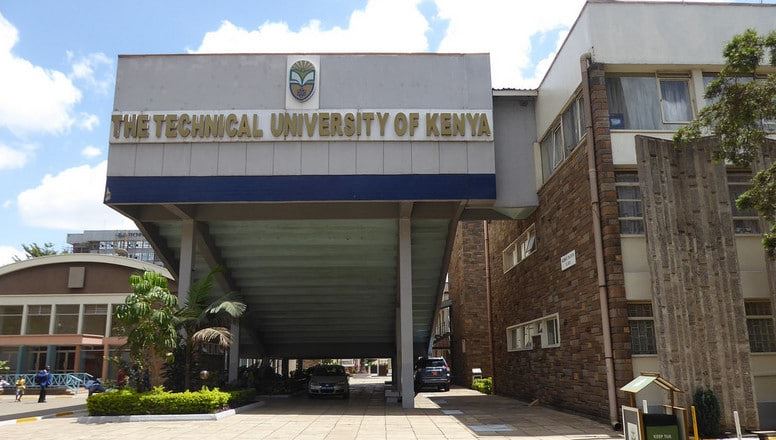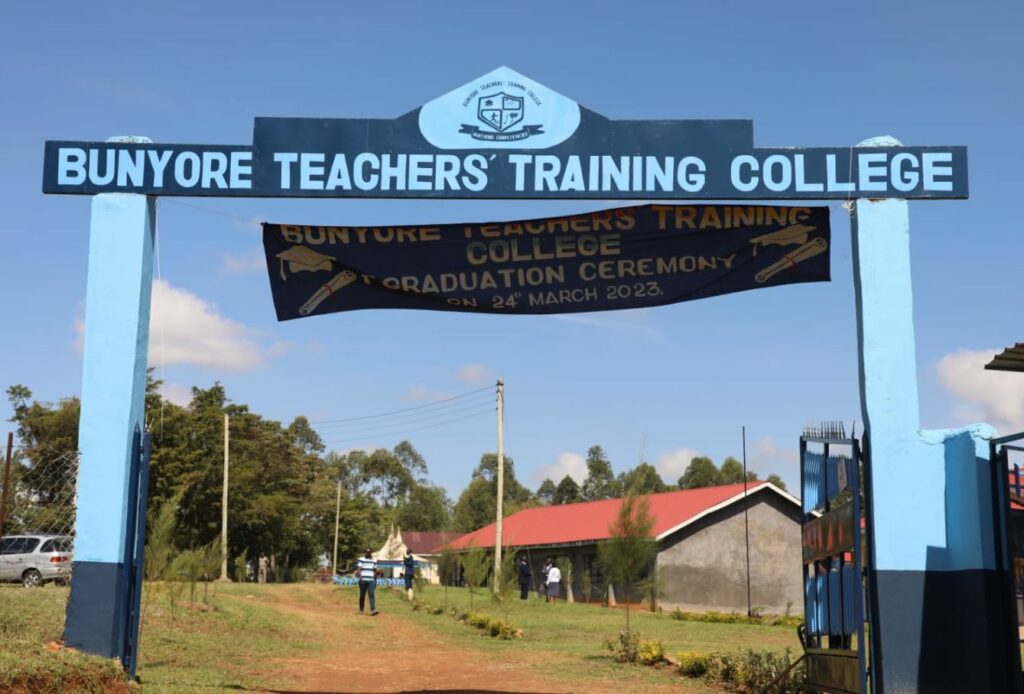 KUPPET is currently facing significant scrutiny over its proposed constitutional amendments, which have sparked a heated debate within the union and beyond.
KUPPET is currently facing significant scrutiny over its proposed constitutional amendments, which have sparked a heated debate within the union and beyond.
The Kenya Union of Post Primary Teachers (KUPPET) defended these changes despite objections from some members and the recent rejection by the Registrar of Trade Unions, Ann Kanake.
KUPPET has positioned these constitutional changes as a means of addressing long-standing issues regarding gender, disability, and regional representation. National Treasurer Njenga Mwethi highlighted the need for these reforms, citing imbalances and underrepresentation in the union’s leadership structure.
Key changes proposed include:
- Boosting Gender Representation: Ensuring deputy positions for women leaders for a stronger voice in leadership.
- Inclusion for Persons with Disabilities: Assigning leadership slots to better reflect their perspectives.
- Fixing Regional Representation: Transitioning from the current county-based delegate system to a proportional model based on membership numbers.
Mwethi drew comparisons to practices in other unions, like KNUT, to demonstrate how these changes could enhance fairness. He emphasized areas like North Eastern and Coast as being underrepresented under the current structure.
Despite their intentions, the proposals have divided opinion. Among the significant concerns is the shift to proportional representation, with critics arguing that it could sideline smaller regions, reducing their already limited voice in the decision-making process.
Another contentious element is the new nomination fee structure for leadership positions:
| Position | Fee |
|---|---|
| Branch Executive Secretary | Ksh 200,000 |
| Chairperson and Treasurer | Ksh 100,000 |
| Other Positions | Ksh 50,000 |
Mwethi defended this structure as a measure to ensure commitment among candidates. However, opponents see it as a financial barrier that may exclude capable yet less affluent members.
Some union members remain unconvinced, citing procedural flaws and insufficient consultation. Complaints include allegations of voting irregularities, such as reliance on informal voting methods, rather than a secret ballot, to approve the amendments.
Additionally, concerns revolve around the potential centralization of power. Critics fear that the amendments could diminish the influence of KUPPET’s key bodies, like the National Delegates Council (NDC) and the National Governing Council (NGC), consolidating authority within a few top officials.
One protest letter explicitly referred to the proposals as “a betrayal of KUPPET’s founding principles,” urging the Registrar to reject them outright.
KUPPET leaders, however, believe these objections come from a minority. Mwethi dismissed the claims, stating that only 58 members out of KUPPET’s wide membership actively opposed the changes. He emphasized that discussions involved approximately 200 junior secondary school teachers, with 94% of delegates voting in favor of the amendments.
To appease dissenters, Mwethi noted that certain controversial provisions, such as extending officials’ retirement age to 65, were withdrawn. He also promised greater consultation moving forward, acknowledging the Registrar’s directive to address these concerns thoroughly.
Mwethi drew attention to Article 41 of Kenya’s Constitution, highlighting how the changes align with the fundamental rights safeguarding workers’ participation in union activities.
The debate around KUPPET’s constitutional amendments is far from settled. As the union refines its proposals and engages with members, a critical challenge lies in balancing progressive reforms with the diverse concerns of its membership.
Whether KUPPET can strike this balance remains to be seen.








